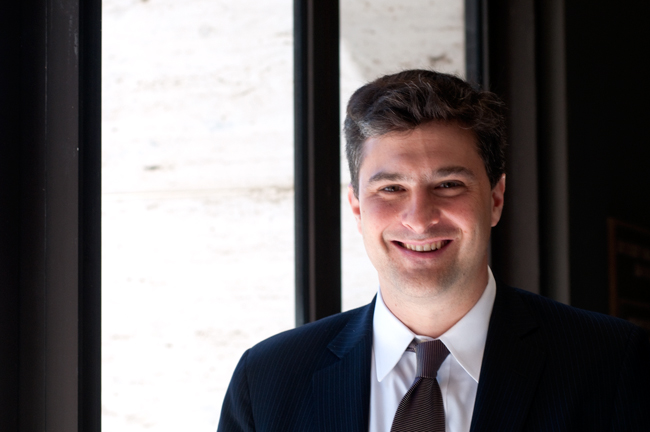After more than 10 years of war overseas, the Iraq and Afghanistan conflicts have calmed down, but the United States is still engaging in secret battlegrounds in addition to these declared war zones.
The Robert S. Strauss Center for International Security and Law hosted an event titled “National Security and the War in the Shadows” on Thursday. Strauss Center scholar Robert Chesney and Mark Mazzetti, the national security correspondent for The New York Times, discussed how the nation’s war efforts since the 9/11 attacks have now led to covert “shadow wars” to hunt down the al-Qaida militant organization.
Mazzetti and Chesney discussed the role of the Central Intelligence Agency and the Pentagon in fighting terrorist activities in areas such as Pakistan, Yemen and Somalia.
“Pakistan is the most obvious example of these shadow wars because it’s the center of gravity of where the CIA has been operating,” Mazzetti said. “In the last few years, action in Yemen and Somalia has escalated as the administration has been looking outside of the declared war zones because they are worried about al-Qaida outside of Afghanistan.”
Mazzetti said the Obama administration is much more aggressive with national security leaks in order to retain classified information and prevent another WikiLeaks event, but this does little to cease the attempts to expose government secrets.
“Even if you successfully prosecute a leaker, you don’t successfully deter leakers from talking to people like me,” Mazzetti said.
Mazzetti said if the government can’t make a case that a reporter’s information will do real harm to a program or to specific individuals, they cannot prosecute just because something is being deemed classified.
“The press has done a very good job on exposing important stories that the public has a right to know about even though the government may not be happy that we reported on them,” Mazzetti said.
Kelsey Hawley, global policy studies graduate student, is specializing in security, law and diplomacy and enjoyed listening to Mazzetti speak about his job as a correspondent and his analysis on the difference between an information-leaker and a reporter.
“I enjoyed Mazzetti’s insight on who has become in charge of certain covert operations and the White House’s involvement,” Hawley said.
Elliott Nowacky, Russian, East European and Eurasian studies graduate student, said Mazzetti conveyed the idea of how difficult it is to report on sensitive government issues.
“You have to be careful about who you talk to and make sure you don’t put anyone in danger,” Nowacky said.















